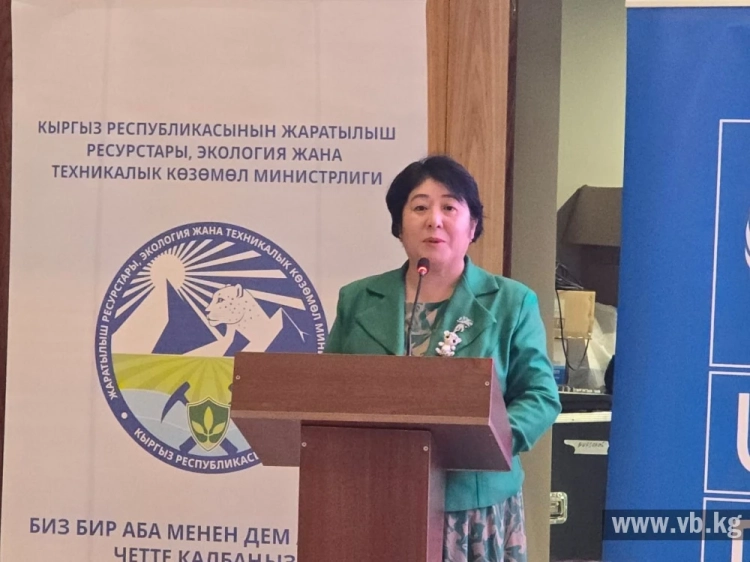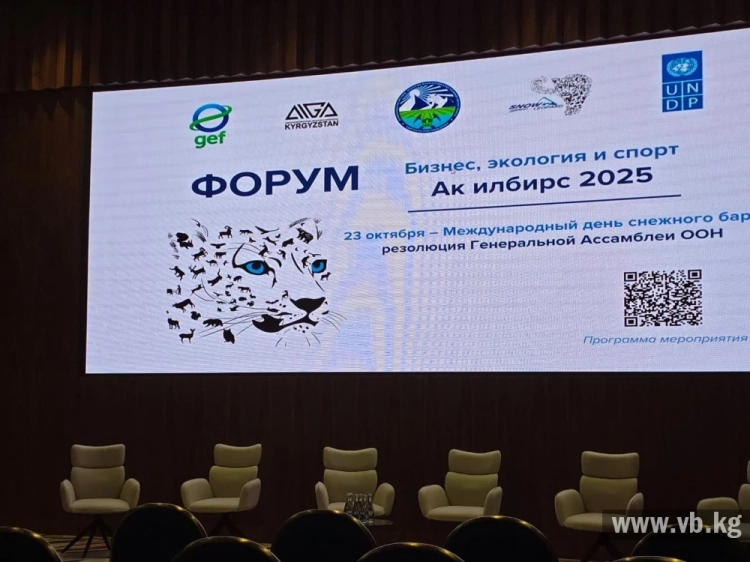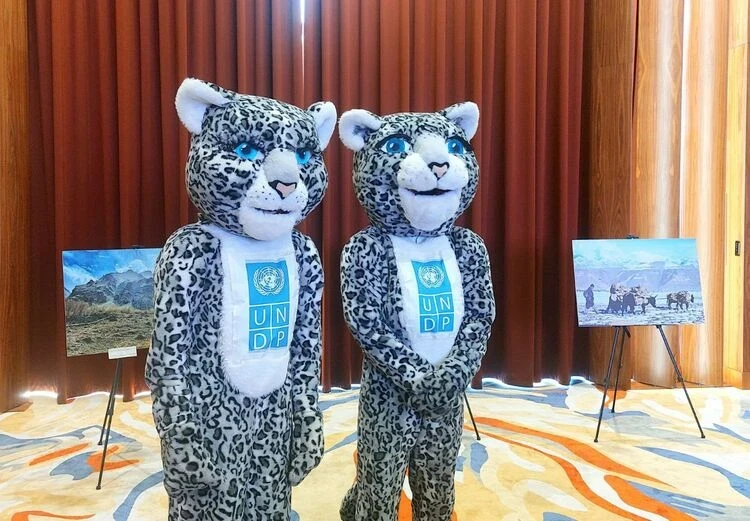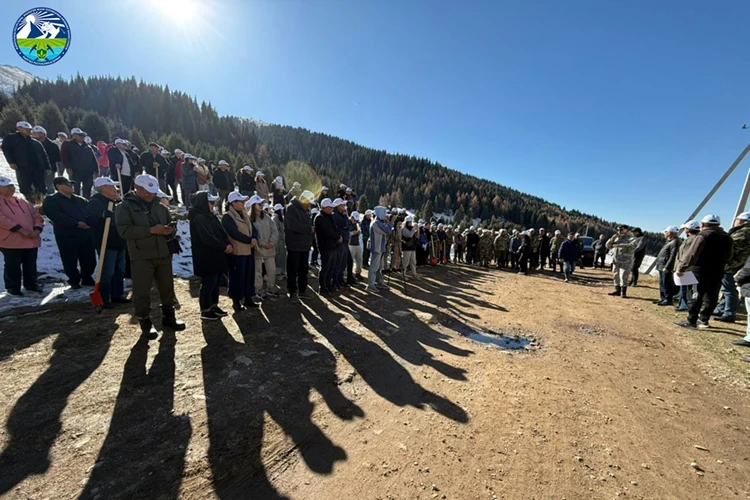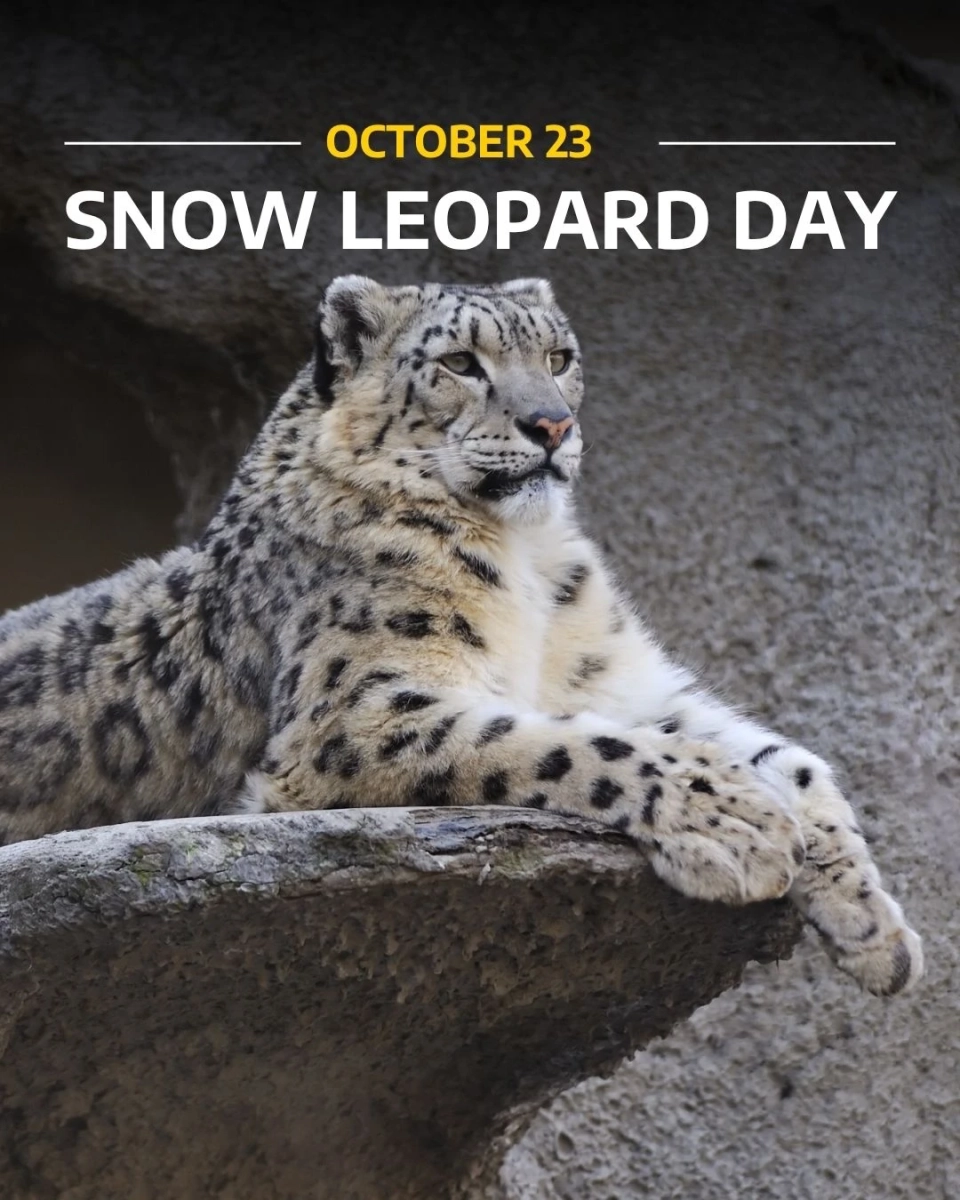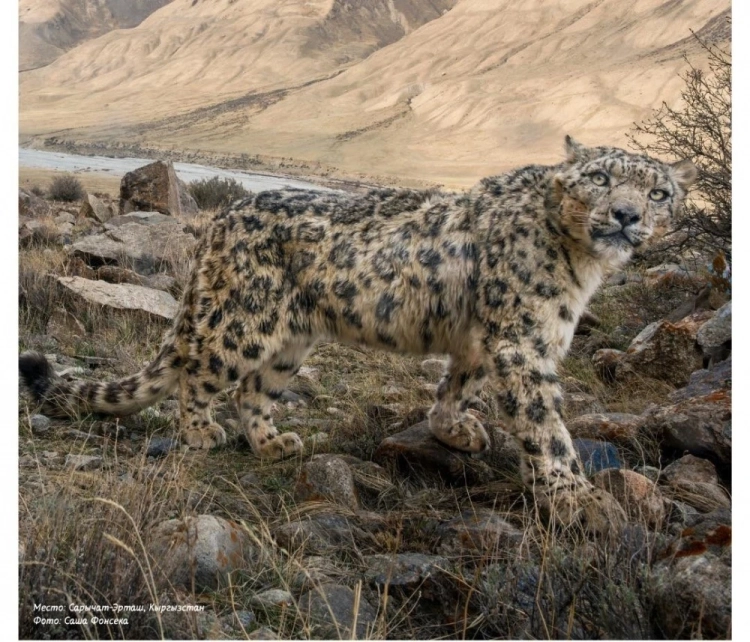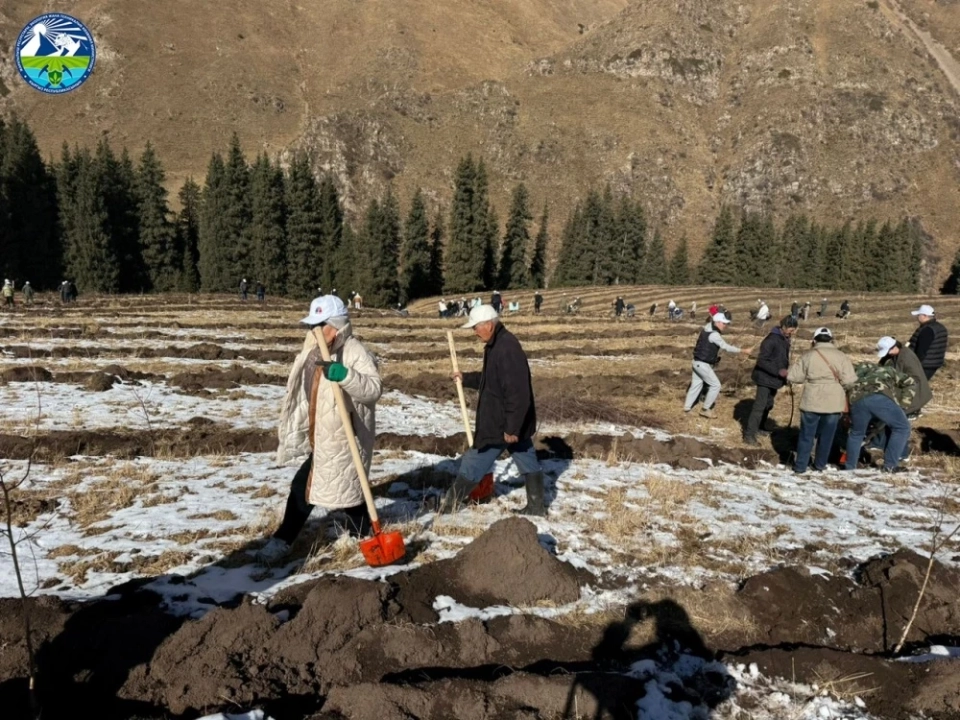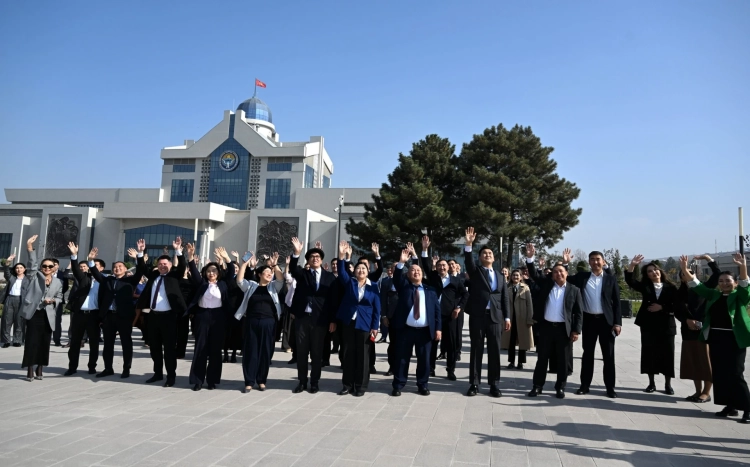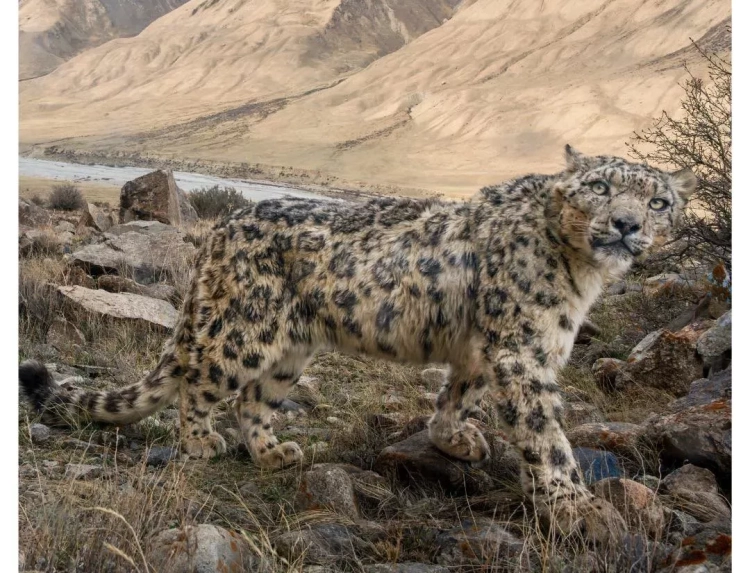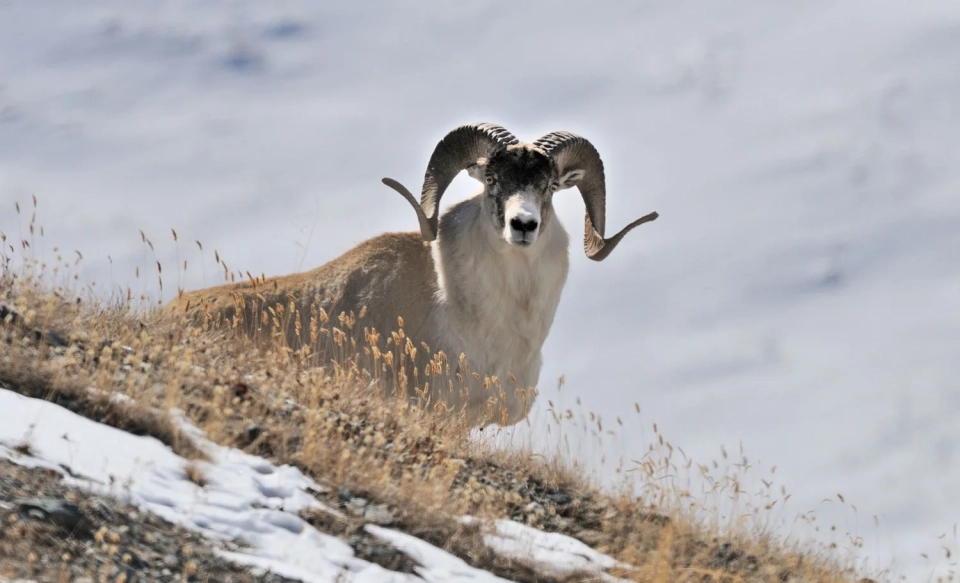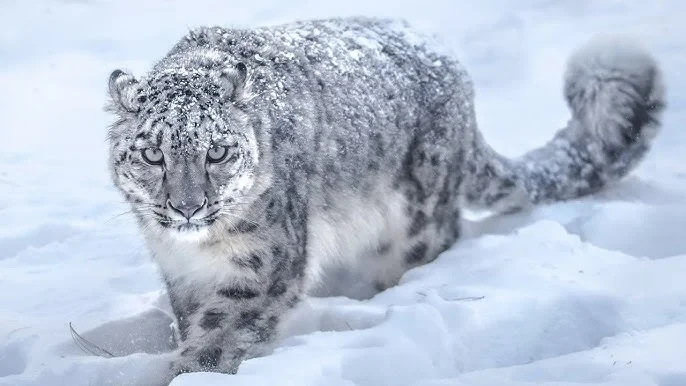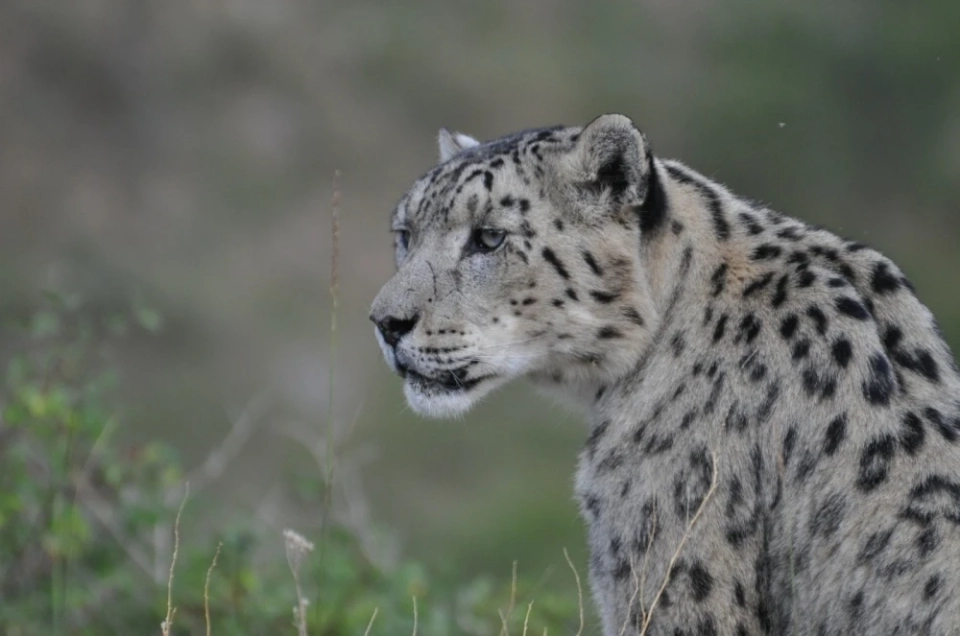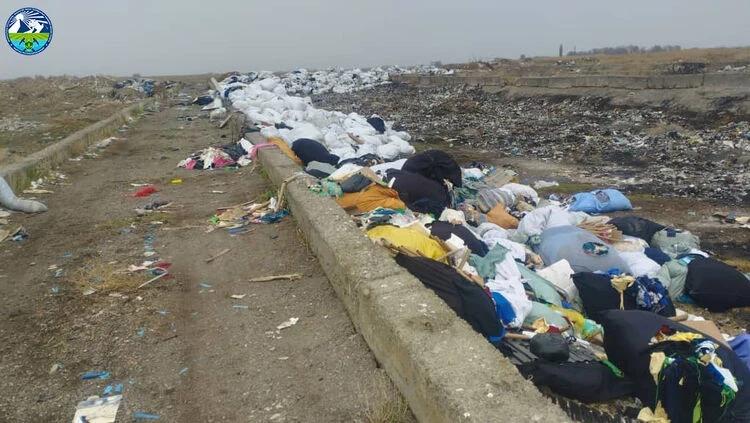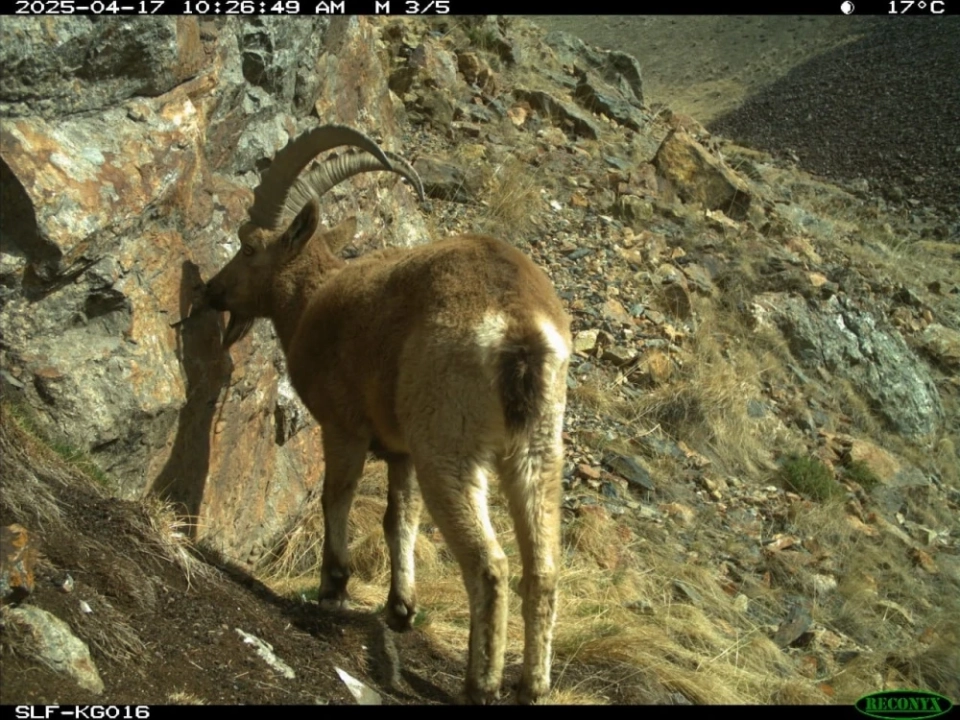
Recently, we spoke with Almaz Musaev, the Deputy Minister of Natural Resources, Ecology, and Technical Supervision of the Kyrgyz Republic.
- An international forum dedicated to the protection of the snow leopard was held in Bishkek. What results were achieved, and what is Kyrgyzstan's role in this event?
- Kyrgyzstan initiated the Global Snow Leopard and Ecosystem Protection Program (GSLEP), which includes 12 countries from the Himalayas to the Tian Shan. At our level, the Bishkek and Cholpon-Ata Declarations were adopted. This year, thanks to our initiative, the International Snow Leopard Day was recognized for the first time on the international stage.
We decided that this day would not only be a celebration of nature conservation but also linked to the development of sports, youth initiatives, and business partnerships. This approach attracts more attention to environmental issues. Businesses have become more actively involved in projects and supporting rangers, and the rewards for capturing poachers have increased to one hundred thousand soms, which significantly motivates nature defenders.
Sporting events, such as snow leopard runs, are also becoming popular and gathering a large number of participants. This helps to form a new culture of attitude towards nature, and athletes become ambassadors of ecological ideas.
- What difficulties do specialists most often face in their work? Poaching, deforestation, or the extinction of rare species?
- There are quite a few problems. With the increase in population, the pressure on nature also grows, while the area of the country remains unchanged. Our main goal is to find a balance between development and the conservation of natural resources. This is quite challenging but extremely necessary.
Although mass poaching, like in the 90s, is no longer observed, individual groups still operate. Offenders have become more cunning: they use technology, hide traces, and hire lawyers. Sometimes a ranger has to confront armed individuals alone, which is very risky. We have increased fines, but at the same time strengthened legal protection for workers. Sometimes one group of poachers shoots, while another takes the carcass, making it difficult to prove guilt. Therefore, we closely cooperate with law enforcement agencies.
- There are currently projects being implemented in the country for ecosystem restoration. What results have been achieved so far?
- One of the priority areas is the expansion of the network of protected natural areas: reserves, national parks, and sanctuaries. These zones limit economic activities, which contributes to nature restoration.
Currently, there are 23 such areas in Kyrgyzstan, covering a total area of about 2 million hectares, which is about 7% of the country's total area. We aim to increase this figure to 10%, planning to create new nature parks in the Batken and Naryn regions.
Local residents also play an important role. In some villages, people themselves initiate the creation of community reserves, where hunting is temporarily banned, and livestock grazing is restricted. We have simplified legislative procedures so that such initiatives can be formalized more quickly.
However, difficulties arise. Kyrgyzstan is an agrarian country, and every hectare of pasture has its value. Therefore, before creating protected areas, we always conduct explanatory work and public hearings with the local population.
Another important direction is ecological corridors. These are areas where human activities are restricted during animal migrations. This year, we opened the first major corridor in the Jeti-Oguz region, covering more than 800 thousand hectares, which connects three natural zones. Currently, we are working to extend it to the Naryn Reserve, which will help preserve the migration routes of snow leopards, ibex, and mountain rams.
Additionally, we are developing geoparks—areas that combine nature conservation and ecotourism. This work is carried out in collaboration with the Department of Tourism.
- Many believe that it is necessary to develop ecological culture. Lectures are not enough. What needs to change?
- Environmental education should start from childhood. If a child understands the value of nature, they will not throw garbage into rivers or set grass on fire. We are actively implementing environmental education and supporting youth initiatives and volunteering.
However, words alone will not solve the problem. We are turning to modern technologies. We have achieved official recognition of photo and video materials as evidence in cases of environmental violations. We are implementing a "smart patrol" system, where rangers use tablets to record routes and findings. This data automatically goes into a unified database, ensuring transparency and protecting workers. In the future, we plan to connect hunting farms to this system.

- How is international cooperation in the field of ecology? Who do you interact with?
- The ecological agenda is becoming a priority at the global level, which simplifies our work. The President of Kyrgyzstan pays great attention to the conservation of biodiversity and mountain ecosystems, and these efforts receive support at international forums, including the UN.
We cooperate with UNDP, FAO, and the World Bank. Recently, the "One Health" program was launched, which is a joint project of the ministries of natural resources, agriculture, and health aimed at studying the impact of wildlife conditions on human health.
Scientific research is also being conducted. Kyrgyzstan, Kazakhstan, and Tajikistan are jointly tracking the migration routes of ungulates—rams, ibex, and marals. Wildlife knows no borders, and based on this data, transnational ecological corridors are being created, which are already attracting the attention of partners.
- What are the ministry's immediate plans?
- In 2026, we plan to participate in the climate conference in Armenia, where we will present our projects. And in 2027, Kyrgyzstan will be ready to host a major Mountain Summit, which will be an important event not only for our country but for all of Central Asia.
We hope that the global community will pay attention to the fact that mountain regions are particularly vulnerable to climate change. Glaciers are melting, and natural conditions are changing. Kyrgyzstan has initiated a UN resolution on the conservation of mountain ecosystems, and now our task is to implement it in concrete actions.


